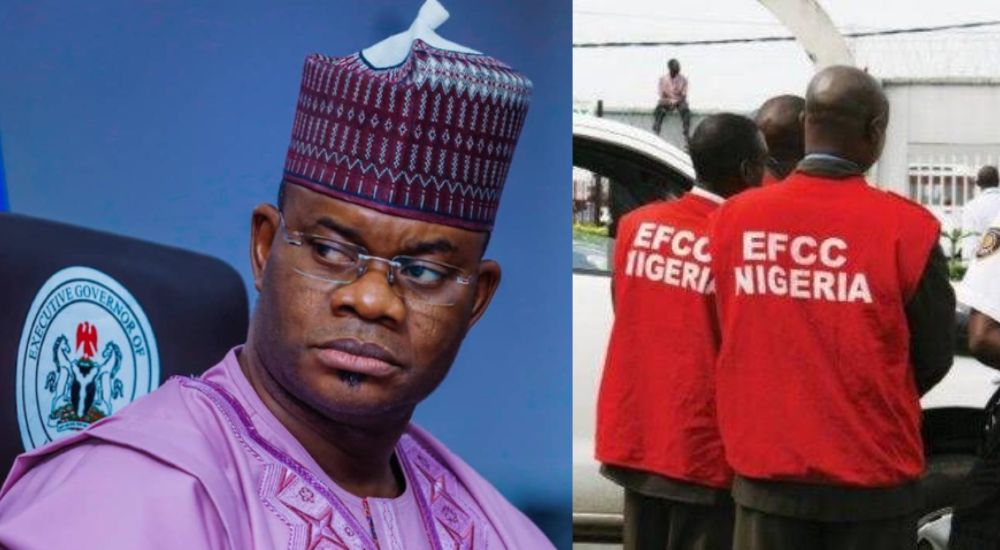The Central Bank of Nigeria (CBN) has announced plans to impose civil, administrative, or criminal penalties on entities found to have violated foreign exchange (forex) regulations, following a forensic audit that exposed widespread irregularities in undelivered forward contracts. The findings, detailed in a document released on the CBN’s website, underscore efforts to enforce compliance and stabilize Nigeria’s forex market.
Initiated in September 2023 and conducted by audit firm Deloitte, the investigation focused on transactions processed through the Retail Secondary Market Intervention Sales (RSMIS) system. The review uncovered multiple breaches, including discrepancies in beneficiary identities, inflated foreign currency requests, and improper use of documentation. Some contracts involved companies seeking approvals for imports of unauthorized goods or submitting incomplete or falsified paperwork, according to the report. In certain cases, the value of forex released surpassed the declared costs of imports, signaling potential fraud.
“The Central Bank is reviewing appropriate legal action against parties found to have violated applicable rules,” the document stated, adding that collaboration with law enforcement and regulators would determine the severity of sanctions. The contracts under scrutiny involved Nigerian businesses paying upfront in the local currency, the naira, for promised future delivery of U.S. dollars—a commitment many counterparties failed to fulfill.
The CBN emphasized that only transactions verified as lawful and compliant were settled, while invalid contracts—deemed unenforceable under Nigerian law—resulted in refunds of naira payments without forex disbursement. Affected parties were reportedly given opportunities to respond to audit findings before final decisions were made. The central bank described the audit, now declared closed and irrevocable, as a “rigorous” and “procedurally fair” process overseen by independent experts.
The findings align with earlier disclosures by CBN Governor Olayemi Cardoso, who revealed in February 2024 that $2.4 billion of Nigeria’s $7 billion forex backlog had been flagged as invalid. By March 2024, the bank confirmed full clearance of legitimate outstanding forex obligations. A follow-up letter dated August 4, 2025, from the CBN’s Financial Markets Department reiterated that validated transactions had been settled, while unverified deals were refunded in naira to commercial banks.
These measures aim to strengthen oversight of Nigeria’s forex system, which has faced liquidity challenges and speculative activities in recent years. The CBN’s actions reflect a broader push to safeguard foreign reserves, deter malpractice, and restore confidence in Africa’s largest economy amid ongoing reforms to streamline currency management.



